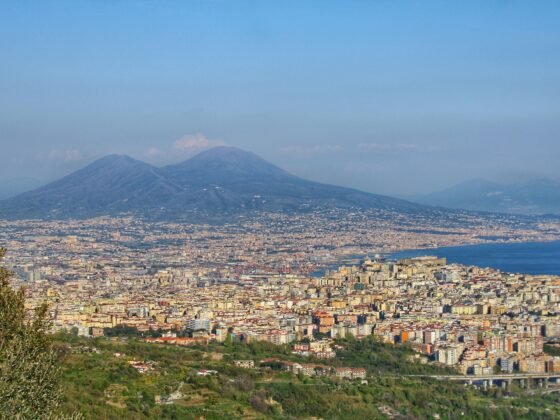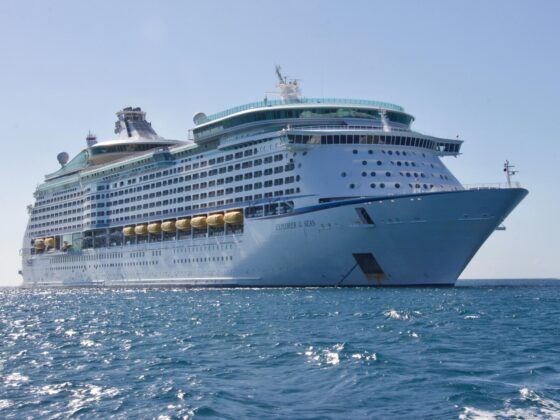If you’ve been running your holiday home for a while and are looking for ways to increase your bookings and maximize profits, you are in the right place. Similarly, if you’ve only just purchased a property and are about to launch it as a holiday home, you’re also in the right place! Deciding where and how to advertise a holiday home can be a challenge but it’s crucial to the success of your venture. You need to maximize your exposure but do so in a manner which targets your ideal customers, so you’re not wasting money on marketing with no return on your investment. To get you started, here are some helpful hints and tips to help you advertise your holiday home for real results.
Identify Your Target Market
To identify a target market, you need to consider who your property is best suited to and who is your ideal guest. A rural cottage would be a great spot for walkers or couples looking for a romantic retreat, a villa with a pool is ideal for families while an inner city apartment might attract a younger audience. If you’re honest with yourself, does your advertising make the most of the features and amenities which would attract the right guests? Try to highlight what makes your property ideal for those travelers and make more of those elements.
Advertise on Third Party Websites
Listing your property on a third party website can be a really effective way to increase your exposure. Again, think about where your target customers are likely to be looking for their holiday homes so you can place yourself correctly. The site should also be able to take online bookings and secure payments while making it easy to keep your calendar availability and rates up to date. Airbnb is a popular website and it costs nothing to add your listing, but there is a small commission for each booking received through the website. Find out more about Airbnb host fees.
Social media platforms like Facebook and Instagram can also be effective if you can establish a following and have some good imagery to share. More and more people are using social media to share tips, reviews, recommendations and images from their trips which makes it an effective way to engage with your past and prospective guests.
Don’t Sell the Property – Sell the Experience
Your target guests should be at the front of your mind at every stage from the décor and the photos to the name you give the property. While it’s important to include plenty of detail about the property, remember that people want to buy into an experience as well. Listing the physical features is useful, but it’s the story you tell which will persuade them to choose your property over others.
For example, rather than simply stating that there is a fireplace, you could suggest that they ‘return home at the end of a day of exploration and get cozy by a roaring fireplace’. This is why photos are such a crucial element in your advertising strategy; photos should show your property in the best possible light to help guests imagine themselves in that space.
Pitch Your Pricing Carefully
The price you charge for your property needs to be balanced and this can be a real sticking point for owners. Prices which are too low result is missed profits while high prices will deter bookings. Take a look at what similar properties in your area are charging to set yourself a benchmark.












